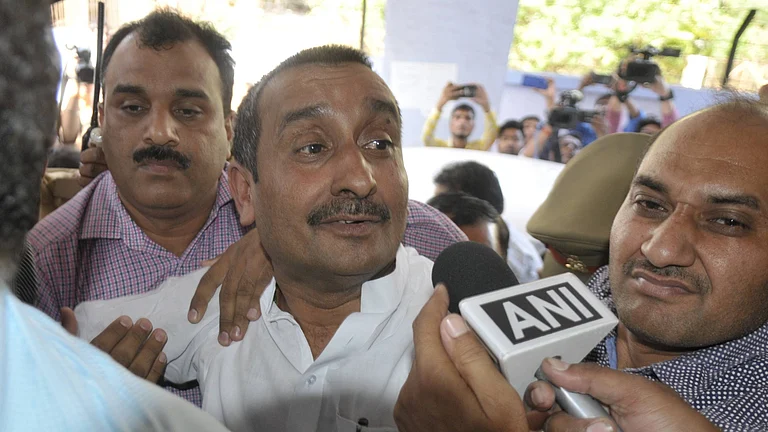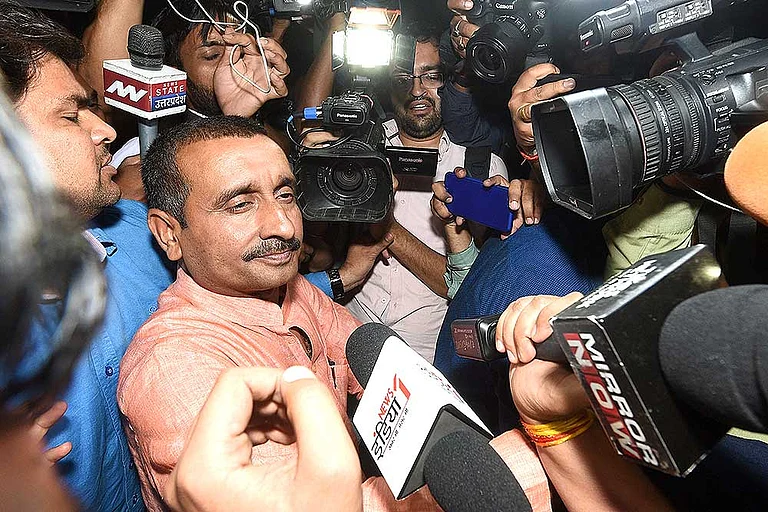As the three new criminal laws—Bharatiya Nyaya Sanhita, Bharatiya Nagarik Suraksha Sanhita, and Bharatiya Sakshya Adhiniyam—come into effect today, petitioners argue that while these laws promise a “complete overhaul” of the colonial-era IPC, they raise concerns about the failure to criminalise marital rape.
Petitioners including All India Democratic Women’s Association have reached out to the Supreme Court demanding marital rape to be made a criminal offence. The Supreme Court bench headed by Chief Justice D Y Chandrachud had in May sought a reply from the Centre, listing the matter for hearing in July.
Under the IPC, and now under the new Bharatiya Nyaya Sanhita (BNS), a man having sexual intercourse with his wife, if she is over 18, is not considered rape. The law, however, does criminalise sexual intercourse with a wife who is a minor.
“The impugned provisions, in pegging the legal status of a woman's consent to her marital status, are manifestly arbitrary,” the petition stated, as per PTI reports.
The petitioner argued that the marital rape exception violates Articles 14 and 15 of the Constitution, that ensure equality and non-discrimination, by ignoring a married woman's consent and reinforcing harmful gender stereotypes. They also claimed it violates Articles 19(1)(a) and 21, as it denies married women their rights to bodily integrity, decision-making autonomy, and dignity.
In 2022, the Delhi High Court delivered a split verdict on the issue of marital rape. While one of the judges was of the opinion that the marital rape exception was "unconstitutional" and said it would be "tragic if a married woman's call for justice is not heard even after 162 years" since the enactment of the IPC, the other judge said the exception under the rape law is not "unconstitutional and was based on an intelligible differentia", as per PTI.
The two judges had agreed that the issue needed the Supreme Court's decision because it raised important legal questions.


























